Dele Giwa: The Pen that died for Truth
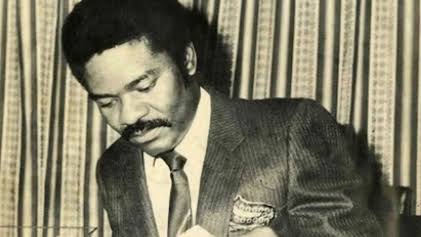
On October 19, 1986, one of the darkest chapters in Nigeria's history unfolded. The Brilliant and fearless journalist, Dele Giwa had been assasinated by a parcel bomb in his own home — a cruel yet very calculated act that sent shockwaves across the nation. This wasn't just the death of a man, it was the silencing of a voice Nigerians had become accustomed to as a moral compass for truth and Justice.
EARLY LIFE AND EDUCATION
Dele Giwa named Subonu Oladele "Baines" Giwa was born on March 16, 1947 in Ife, Osun State into a modest family that valued education and hard work. Dele's father worked as a laundryman for the Ooni of Ife, a fact that later became a metaphor for Giwa's humility and deep understanding of Nigeria's class struggles.
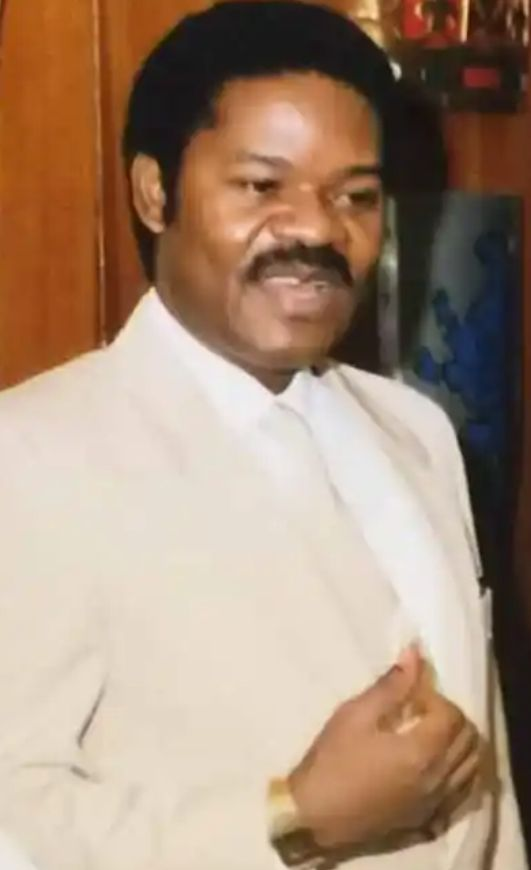
Upon completing his early education, Giwa pursued higher studies in the United States, earning degrees in Brooklyn College and later Fordham University. The time he spent abroad exposed him to Western media ethics and the power of free press — ideals he would later fight to instill in his home country's press culture.
During his time overseas, Giwa briefly worked with the New York Times, an experience that honed his editorial skills and introduced him to global standards. When Giwa returned home in the late 1970s, he brought with him a vision to reposition and redirect Nigeria's journalism towards analysis, accountability and moral responsibility.
Giwa began his journalism career in Nigeria at the Daily times. And soon, his sharp editorial skills distinguished him as a voice to be listened to. In 1984, alongside acquaintances like Ray Akpu, Dan Agbese and Yakubu Mohammed, Giwa Co-founded theNewswatch Magazine, a bold new publication that would redefine journalism in Nigeria.
Newswatch became synonymous with investigative depth and fearless truth-telling, publishing stories that shook the seats of the powerful while enlightening the public. Through his pen, Giwa's advocacy knew no bounds. His writing wasn't just about news — it was about nation building. As he once reflected, “The duty of the press is to hold a mirror to society, even if the reflection is ugly.” His contemporaries agreed that his courage defined him.
THE EVENTS LEADING TO HIS ASSASSINATION
By the mid-1980s, Giwa had become one of Nigeria's most reputable and daring journalists. Through the Newswatch Magazine which he co-founded with Ray Ekpu, Dan Agbese, and Yakubu Mohammed in 1984, he pushed the boundaries of investigative journalism in Nigeria.
The Newswatch Magazine at the start, was in sync with the Babaginda's regime as their early publications supported most of his policies. This didn't last, however, as the Newswatch under the leadership of Giwa began reporting the failures and excesses of the regime.
The first sign of confrontation came after Giwa wrote an article about the regime's policy called the Second-Tier Foreign Exchange Market (SFEM) calling it "God's experiment" and suggested that Nigerians might "stone their leaders" if it failed.
This remarks drew the attention of the newly created State Security Service (SSS), and on 19 September, 1986, they invited Giwa for questioning. He was interrogated by then Deputy Director, Lt. Col. A.K. Togun who after reviewing the article, reported that there was nothing offensive in it. Though dismissed, this visit marked the beginning of heightened surveillance for Giwa.
In the weeks that followed, more interrogations and invitations came up. On 16 October 1986, Col. Haliru Akilu of the Directorate of Military Intelligence (DMI) accused Giwa of conspiring with union and students to stage a socialist revolution while importing arms — allegations Giwa quickly countered.
Giwa was summoned again for questioning, this time accompanied by Ray Ekpu. During the course of this inquiry, Togun accused Newswatch of planning to write the "other side of the story" of Ebutu Ukiwe, who was just dismissed as Chief of General Staff. This inquiry didn't lead anywhere and they both parted. The pattern of questioning, however, paired with the absurdity of accusations, convinced Giwa that he had become a marked man.
Disturbed by this, Giwa confided in his friend, Prince Tony Momoh, then Minister of communications who according to Ekpu, laughed it off. Giwa also reached out to Admiral Augustus Aikhomu, the Chief of General Staff, who promised to "look into the matter".
THE ASSASSINATION
The chain of events that would eventually culminate into the gruesome murder of Dele Giwa began on Saturday, 18th October. That afternoon, Giwa's wife Funmi received a phone call from a staff member of the DMI asking for his office phone number. Later, another phone call came this time handled by Col. Akilu who requested driving directions to their house in Ikeja. When she asked why, Akilu explained he was travelling to Kano and would have loved to stop by and see Dele before going on the trip.
The next morning, Sunday 19th, Giwa called Akilu and asked why he had called the previous day assuring him that he had called his lawyer, Gani Fawehinmi who would follow up. Akilu reportedly told him that there was no need for lawyers as the "matter had been resolved”. Giwa, on the other hand, replied that it wasn't over, insisting his lawyer would follow up.
Approximately 40 minutes after this call was made, a parcel bearing the Nigerian Coat of Arms arrived at his home. This parcel was passed to Giwa's son, Billy who delivered to his father in his study.
When Giwa received the package from his son, he was with Kayode Soyinka (London Bureau Chief of Newswatch). The package exploded on Dele Giwa's laps, mortally wounded him and temporarily deafening Soyinka, who, had suspiciously excused himself to go to the rest room just before Giwa opened the letter.
Giwa was rushed to the hospital where he eventually died from his wounds.
INVESTIGATIONS FOLLOWING HIS DEATH
Following the assassination of Dele Giwa, confusion and fear swept across Nigeria's media landscape. A parcel bomb had detonated in the home of one of the country's most prominent journalists, yet the government's tone quickly shifted from concern to evasion.
Security operatives from the Nigerian Police Force, the State Security Service, and the Directorate of Military Intelligence arrived at the scene, but their investigations, as reported by credible sources, appeared inconsistent and poorly coordinated. His Lawyer Gani Fawehinmi, took to action filing petitions against key individuals demanding transparent investigation into the circumstances of his death.
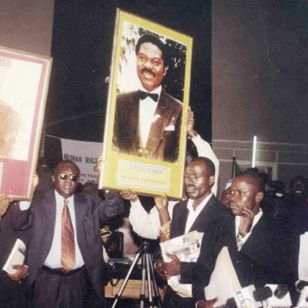
Chris Omeben, who was then Deputy IG of Police incharge of the federal Investigation and Intelligence Bureau (FIIB) was the second officer to handle the case.
He examined the crime scene and in his words as any Investigator would and noted inconsistencies in Kayode Soyinka's account, particularly regarding the toilet adjacent to the blast site, which had suffered damage while he escaped with temporary deafness.
Omeben attempted to interview key individuals being Dan Agbese, Ray Ekpu and Kayode Soyinka's but only Agbese attended as he'd later come to find that Soyinka had allegedly fled the country.
Years later, Soyinka publicly disputed Omeben's account denying that he had fled to the toilet during the explosion. And when questioned, he asked not to be made to relive the tragic event.
Assistant Commissioner of Police, Abubakar Tsav later took over the investigation but faced significant obstruction. He was denied permission to question key individuals some of which were Tunde Togun, Ismaila Gwarzo, and Haliru Akilu. Despite these obstacles, Tsav believed that there was enough circumstantial evidence to confirm the fact that Dele Giwa was in fact, assassinated as he was "in the way of some powerful people ".
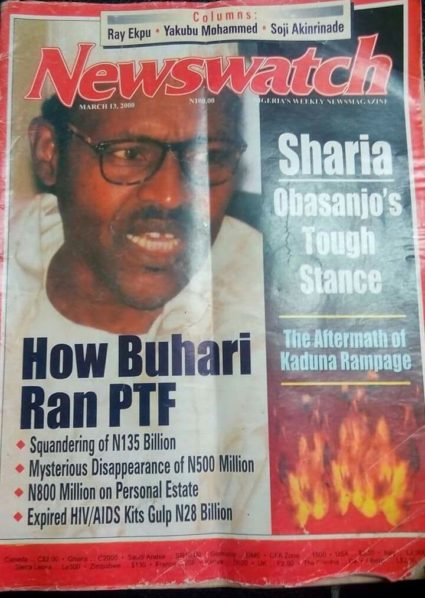
Till date, the murder of Dele Giwa remains unresolved, a stark reminder of the risks faced by those who dare challenge the powers that be.
You may also like...
Cinema Sensitivity and the Nigerian Reality: Why The Herd Divides Viewers
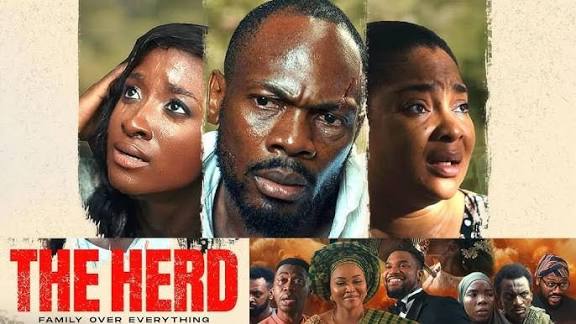
A commentary on the controversy surrounding the Nigerian film “The Herd,” examining calls for its ban over alleged ethni...
The Ancient African Calendar That Existed Before the Gregorian Calendar
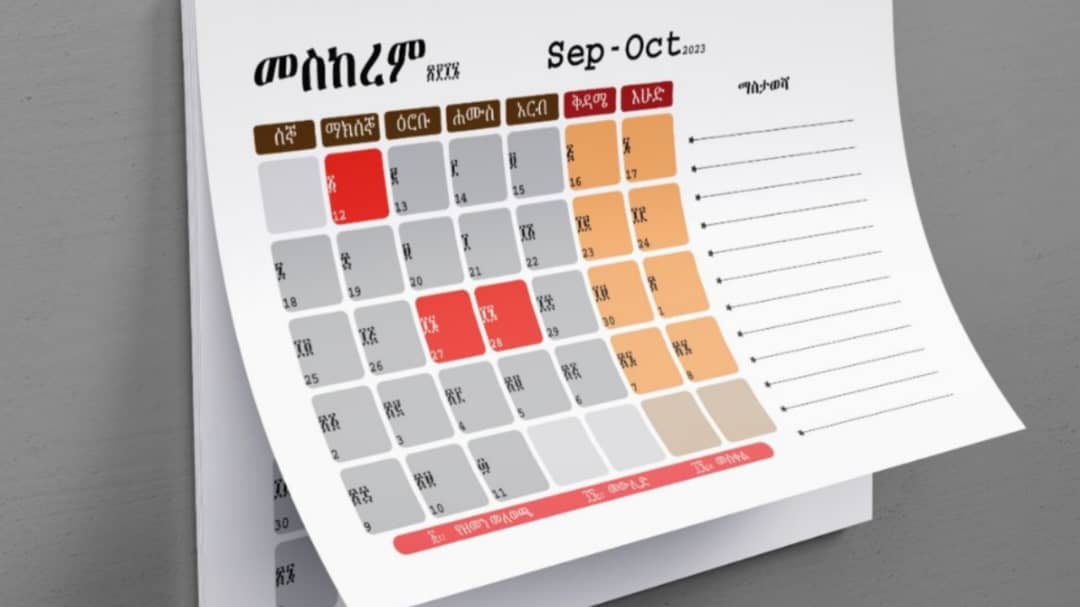
Have you heard about the Ethiopian calendar? its astonishing accuracy and scientific brilliance, it is an ancient Afric...
Do Africans Abroad Owe the Continent Anything?
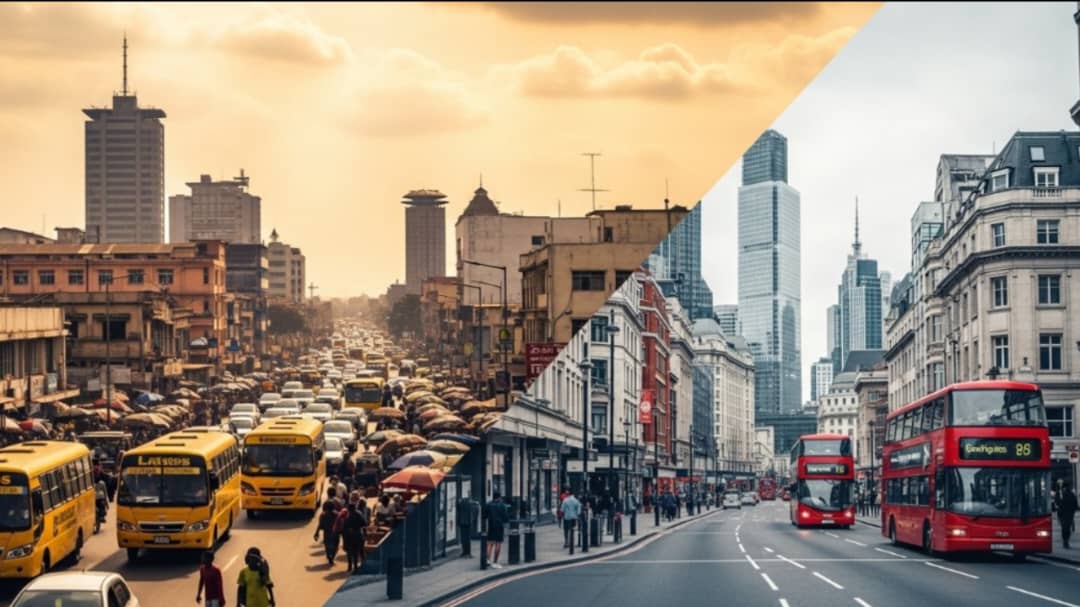
Do Africans abroad owe the continent and those back home anything? A bold and reflective social commentary exploring whe...
African Giants Secure World Para Championships Berth!
)
Nigeria and Egypt emerged as the dominant forces at the 2025 ITTF-Africa Para Championships in Giza, securing multiple g...
NBA Showdown Explodes: Suggs Ejected, Five Technicals in Fiery Magic-Sixers Clash!
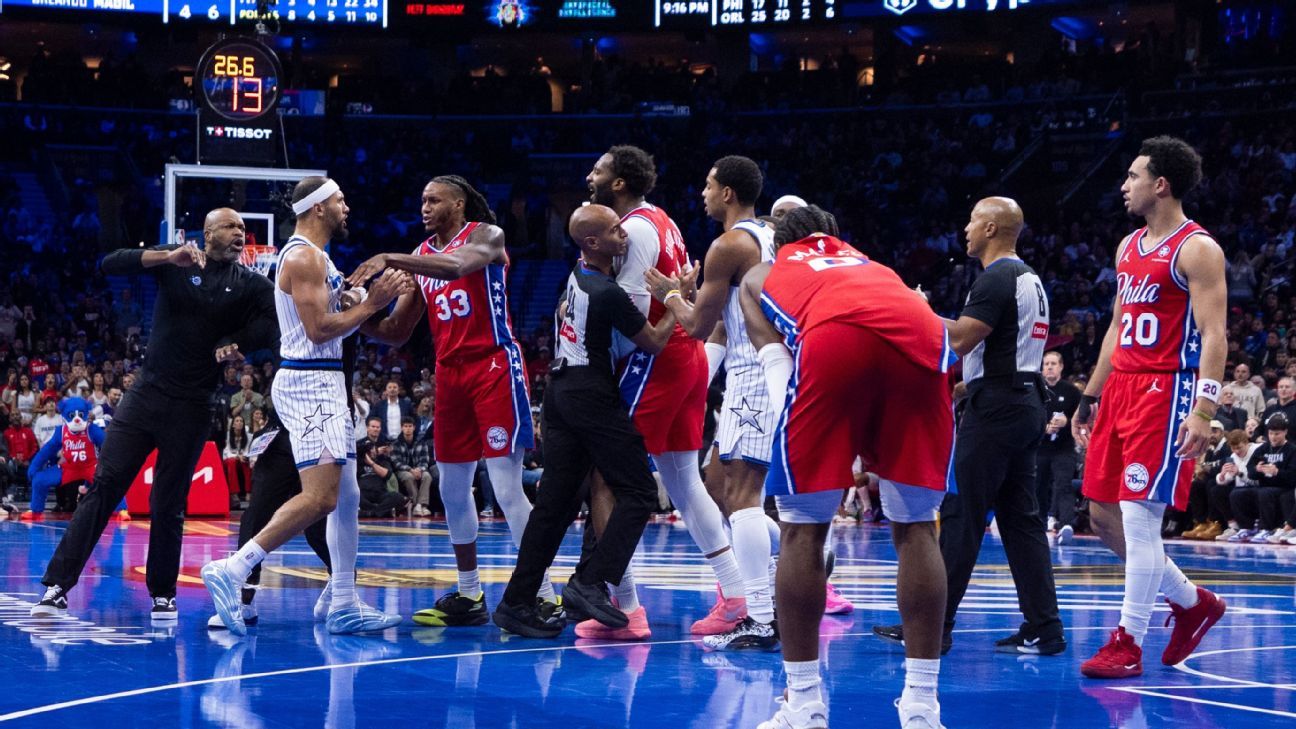
Orlando Magic's Jalen Suggs was ejected from a game against the Philadelphia 76ers after a heated altercation involving ...
HBO Max Unlocks ‘Chespirito’ Universe with New Series, Teases ‘Like Water for Chocolate’ Season 2

HBO Max Latin America unveils a robust 2026 content slate, building on past successes with new series inspired by Chespi...
Apple TV Blasted! Major Thriller Series Pulled Days Before Premiere Over Plagiarism Scandal
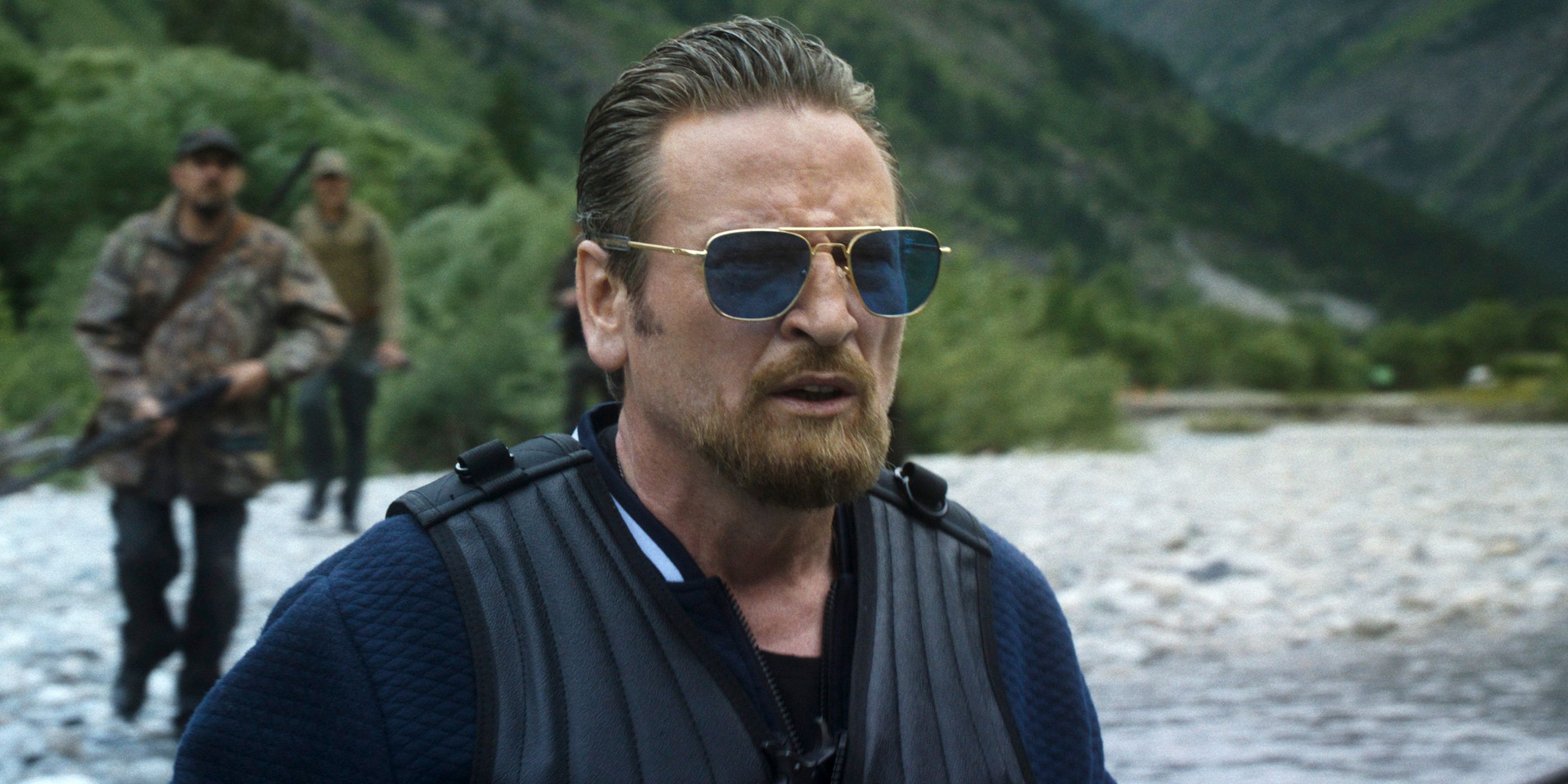
Apple TV+ has abruptly removed its upcoming French thriller, <em>The Hunt</em> (Traqués), from its December lineup due t...
Summer Walker Dominates: R&B Queen Achieves Historic No. 1 Album Trilogy

Summer Walker's new album, "Finally Over It," has debuted at No. 1 on Billboard’s Top R&B/Hip-Hop Albums chart, achievin...
.png&w=1920&q=75)
